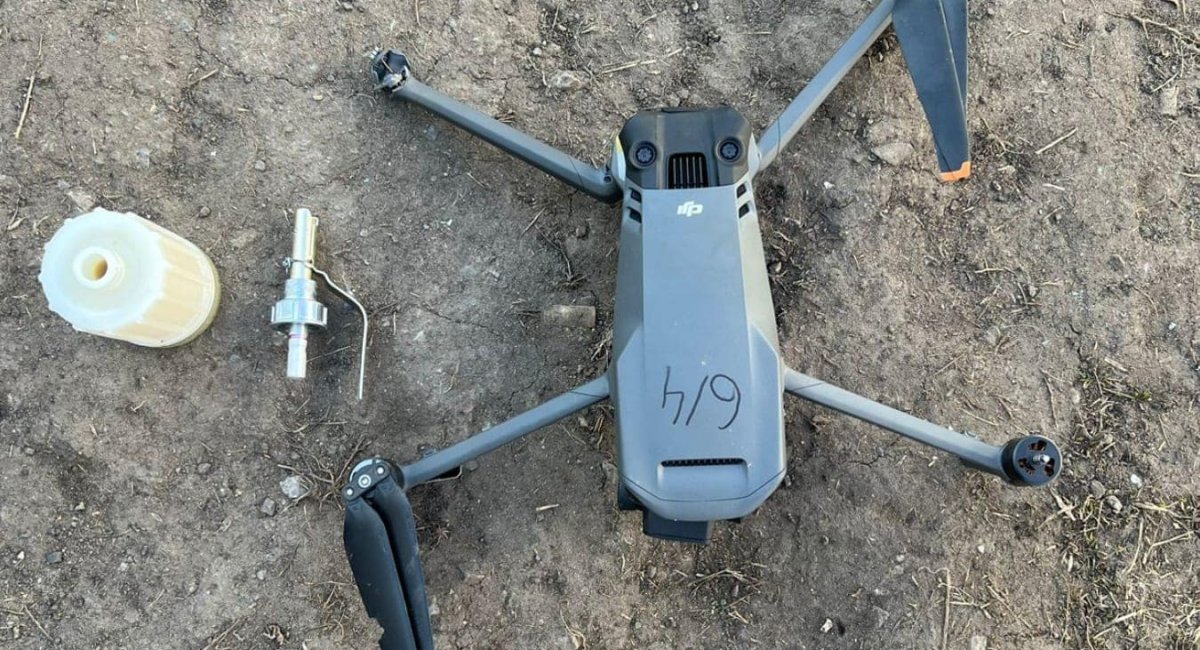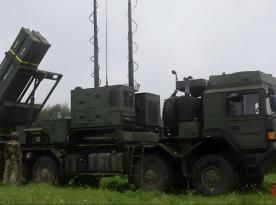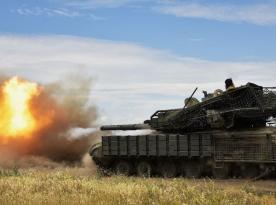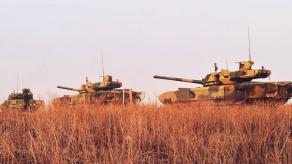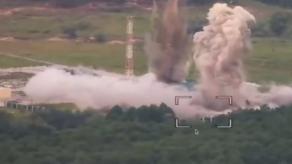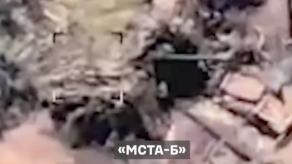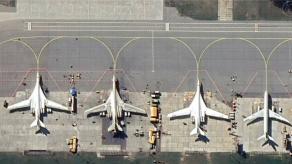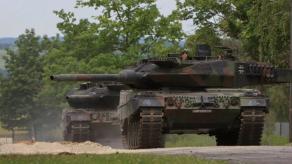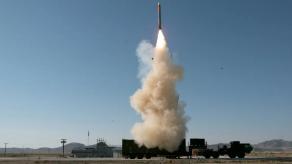The russian military continues to employ hazardous munitions in its operations against the Armed Forces of Ukraine, including shells loaded with chemicals intended to incapacitate rather than cause immediate lethal effects. Among these munitions are the K-51 and RG-VO, which contain chemical agents banned as warfare tools under international law. Although these are classified as anti-riot agents, their use in warfare contravenes the Chemical Weapons Convention, which prohibits the deployment of chemical weapons.
According to the radiation, chemical, and biological reconnaissance units of the Support Forces of the Armed Forces of Ukraine, October 2024 alone saw 323 incidents involving chemical-laden munitions on the battlefield. Since russia’s large-scale invasion of Ukraine began, Ukrainian forces have documented 4,613 incidents of hazardous chemical use by russian forces, with a marked increase in frequency from February 2023. This systematic use of chemical agents poses significant risks to military personnel and reflects a blatant disregard for established norms of warfare.
Read more: The UK Confirms that russian Forces Use Chemical Weapons with Chloropicrin on the Battlefield
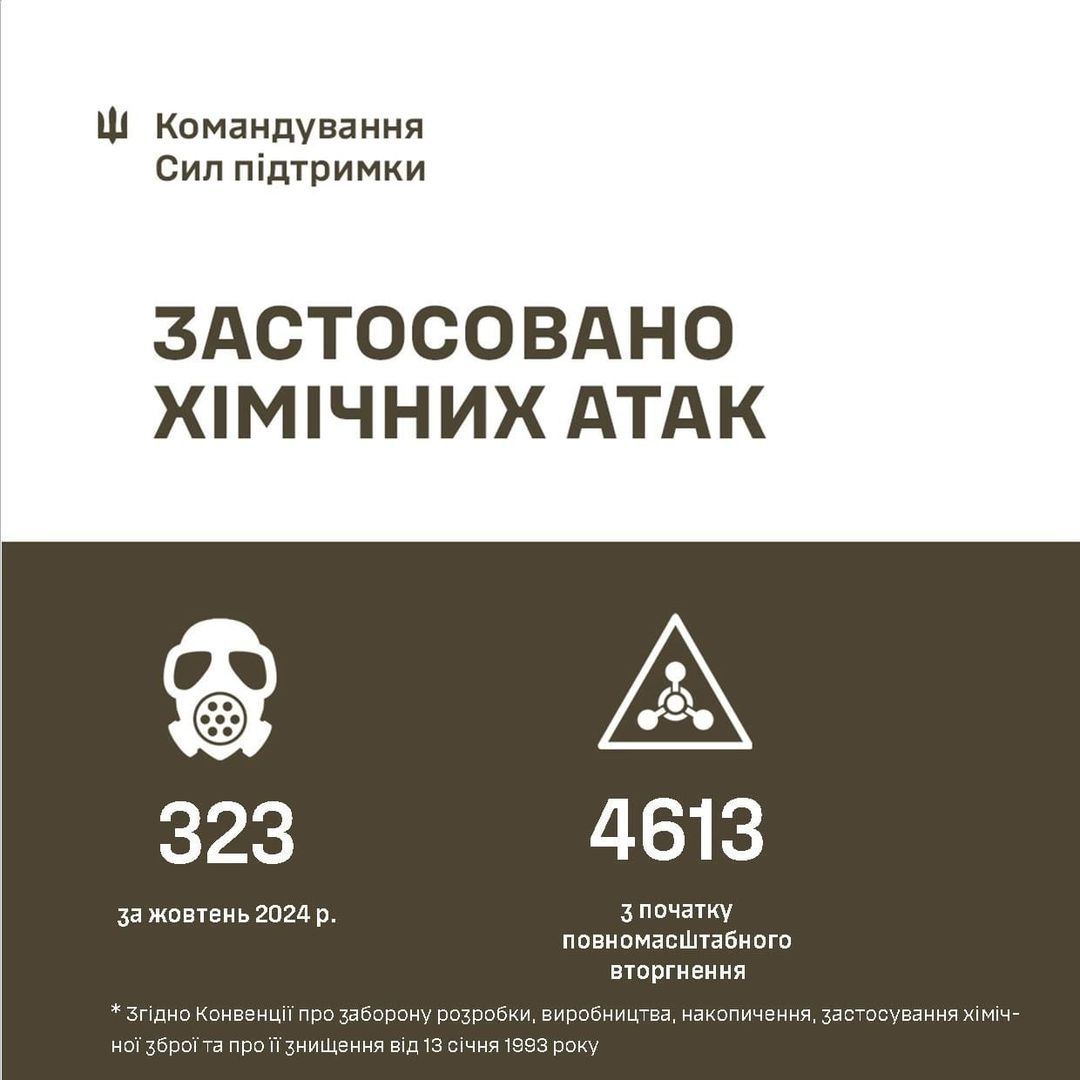
The persistent use of these banned agents is not only a violation of international agreements but also raises serious humanitarian and environmental concerns. Russia’s actions challenge the international community to address this growing threat and enforce the commitments set by the Chemical Weapons Convention.
Read more: Ukrainian Partisans Scout Nuclear, Biological, Chemical Protection Military Unit in Crimea




